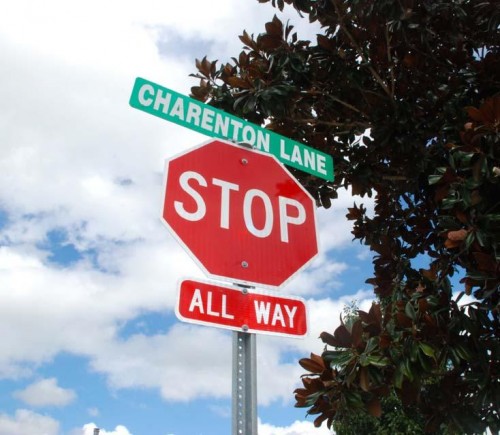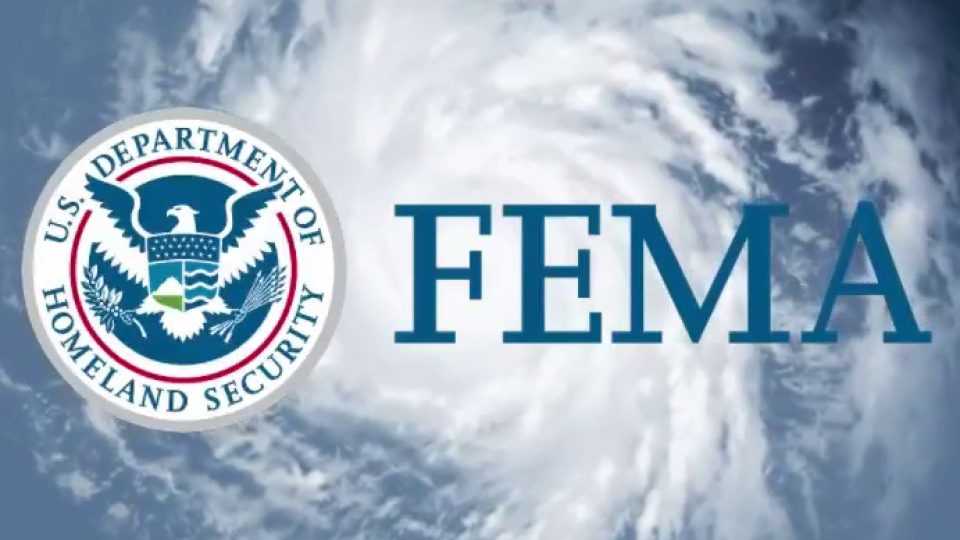
Woodburn residents want stop sign removed
September 7, 2010Claudis Dalcour
September 9, 2010District Court Judge Martin L.C. Feldman’s signature appeared on yet another legal document surrounding the drilling moratorium last Wednesday, as he denied the federal government’s request to have the previous moratorium case thrown out.
“The facts of this case are by now well known,” Feldman wrote the court order filed Sept. 1. “On May 28, 2010 … the United States Secretary of the Interior issued a six-month moratorium on all offshore deepwater drilling operations.”
On June 22, Feldman ruled against the May 28 memorandum, siding with the plaintiffs, Hornbeck Offshore Services, LLC that the blanket moratorium was ‘arbitrary and capricious.’ The federal government filed for appeal, which was denied on July 8.
Four days later on July 12, the Secretary of the Interior Ken Salazar issued a 22-page decision memorandum rescinding his May 28 edict. He asked to withdraw all suspension under the May 28 memorandum, but issued another blanket moratorium with a new set of suspensions, according to Feldman’s document.
“This new moratorium purports to apply to all rigs that use subsea blowout preventers of surface blowout preventers on a floating facility and applies through Nov. 30, 2010,” Feldman wrote. “In reality, the new moratorium covers precisely the same rigs and precisely the same deepwater drilling in the Gulf of Mexico as did the first moratorium.”
Gov. Bobby Jindal was glad to see Feldman stand behind his initial decision.
“Judge Feldman said today what we have known all along – that the second moratorium the federal government issued has no ‘substantial changes’ from the first one and the effects are the exact same – to shut down drilling in the Gulf,” Jindal said.
In an oral argument hearing on Aug. 11, Attorney Carl Rosenblum, representing the plaintiffs accused the federal government of making a mockery of the judicial process by issuing the second moratorium.
“Defendants deny that the new moratorium is a device to manipulate the legal system; rather, they urge, it was issued after the Secretary’s consideration of what is claimed to be new information, in a new administrative record,” Feldman wrote, and continued to characterize the new information as “superficial changes,” that refer to the type of blowout preventer used rather than the depth drilled.
According to Feldman, the question now is whether the arbitrary and capricious decision-making challenged by the plaintiffs could or could not be expected to recur, and based on his ruling, he believes it could recur.
“The burden of showing this with clarity rests with the government,” he wrote. “The court finds no way on this record to accord the defendants the solicitude they claim they deserve when only hours after this Court enjoined the enforcement of the first moratorium, the Secretary stated publicly on more than one occasion his resolve to soon issue a new moratorium.”
He added the process leading to the first moratorium lacks probability, and the district court has not determined a “rational nexus” between the fact of the Deepwater Horizon rig blowout and placing a blanket suspension on all other rigs.
“Accordingly, the defendants’ motion to dismiss, or alternatively for stay is denied without prejudice,” he wrote.
State and local officials support Feldman’s ruling, asserting the moratorium is economically devastating and unnecessary.
“This ruling is another independent review which indicates that this moratorium is not necessary at the present time,” Terrebonne Parish President Michel Claudet said.
A hearing on the July 12 memorandum with Ensco is set for Sept. 22 and, according to an Associated Press report, the Justice Department has asked the 5th U.S. Circuit Court of Appeals to review Feldman’s earlier ruling overturning the May 28 moratorium.
“The bottom line remains that we need the folks in Washington to do their jobs to ensure drilling is safe so people in Louisiana aren’t forced to lose their jobs,” Jindal said.







